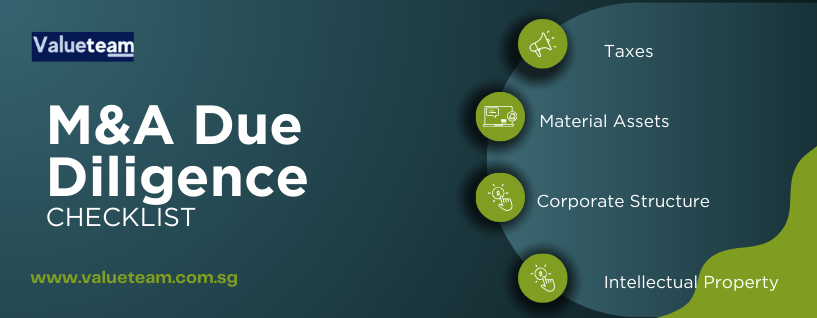There is uniqueness among every M&A. The importance of due diligence required on a particular subject by a company is not the same as other companies. However, due diligence matters are a must and included in transactions.
The following are the areas that are always addressed on every M&A due diligence checklist:
1. Taxes
Tax due diligence is one area that a corporate lawyer checks. They verify if all taxes are current and no tax problems are expected. The historical tax liabilities of a company are checked. Some of the reviewed documents include government audits, notices from local, state, federal, and foreign taxing authorities, transfer pricing and tax sharing agreements, settlement documents with tax authorities, etc.
2. Material Assets
Material assets such as the real estate of a company are critical to the M&A transaction. Thus, find the valuation of every asset and check if there is any liability or debt against them. Some of the appraised assets are equipment, technology, real estate, research, and development.
3. Corporate Structure
Corporate attorneys carefully review the company’s organizational documents, corporate structure, and records to make sure all are in place. The reviewed papers include the organization chart, warranties, voting and stockholder agreements, incorporation documents, corporate bylaws, restructuring and recapitalization documents, securities holders, etc.
4. Intellectual Property
An intellectual property lawyer checks the quality of a company’s intellectual and technology property of a company you want to buy. This lawyer fits their protection, too, and some of the properties reviewed are trademarks, trade secrets, patents, licenses agreements, and copyright.


